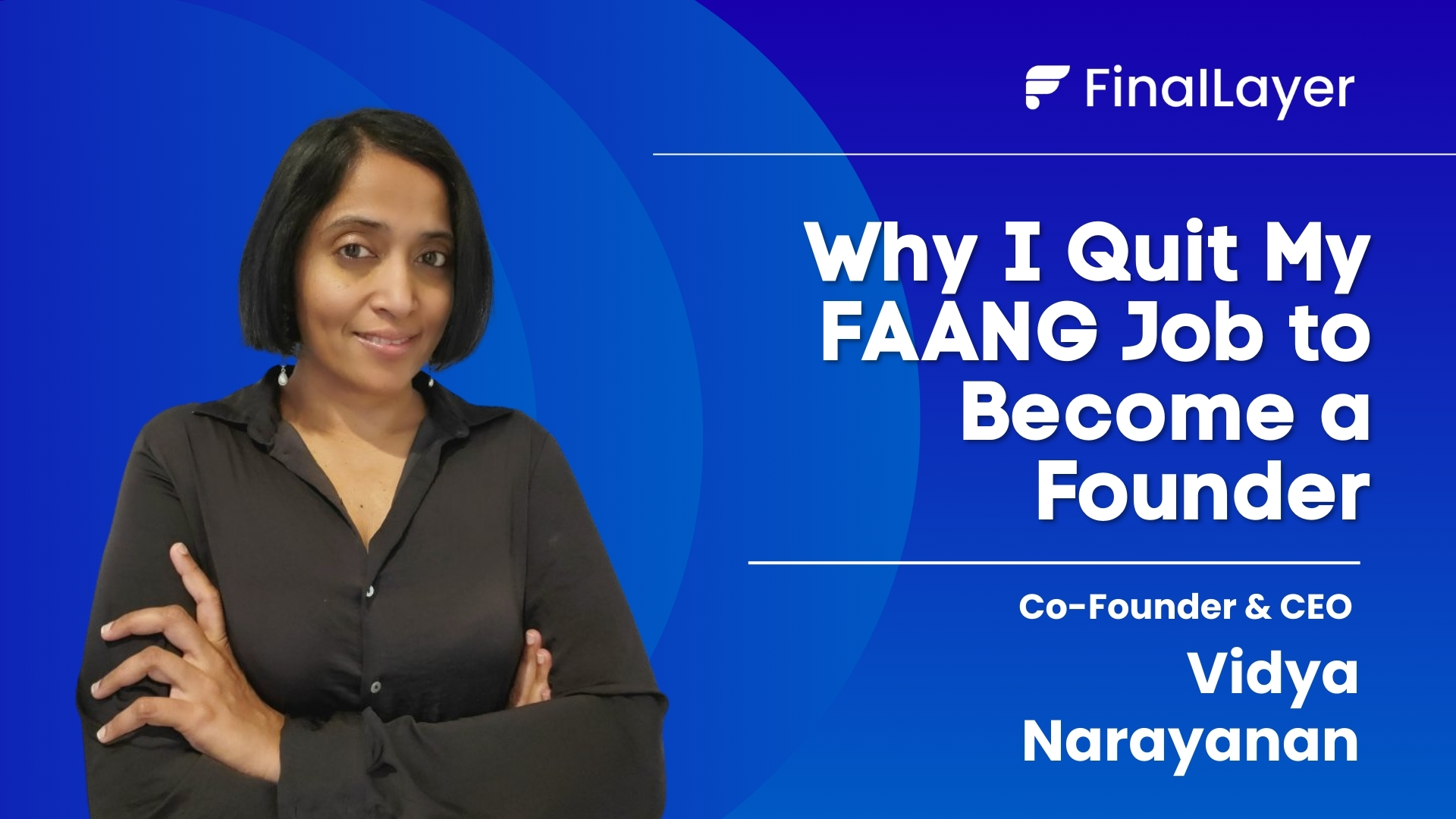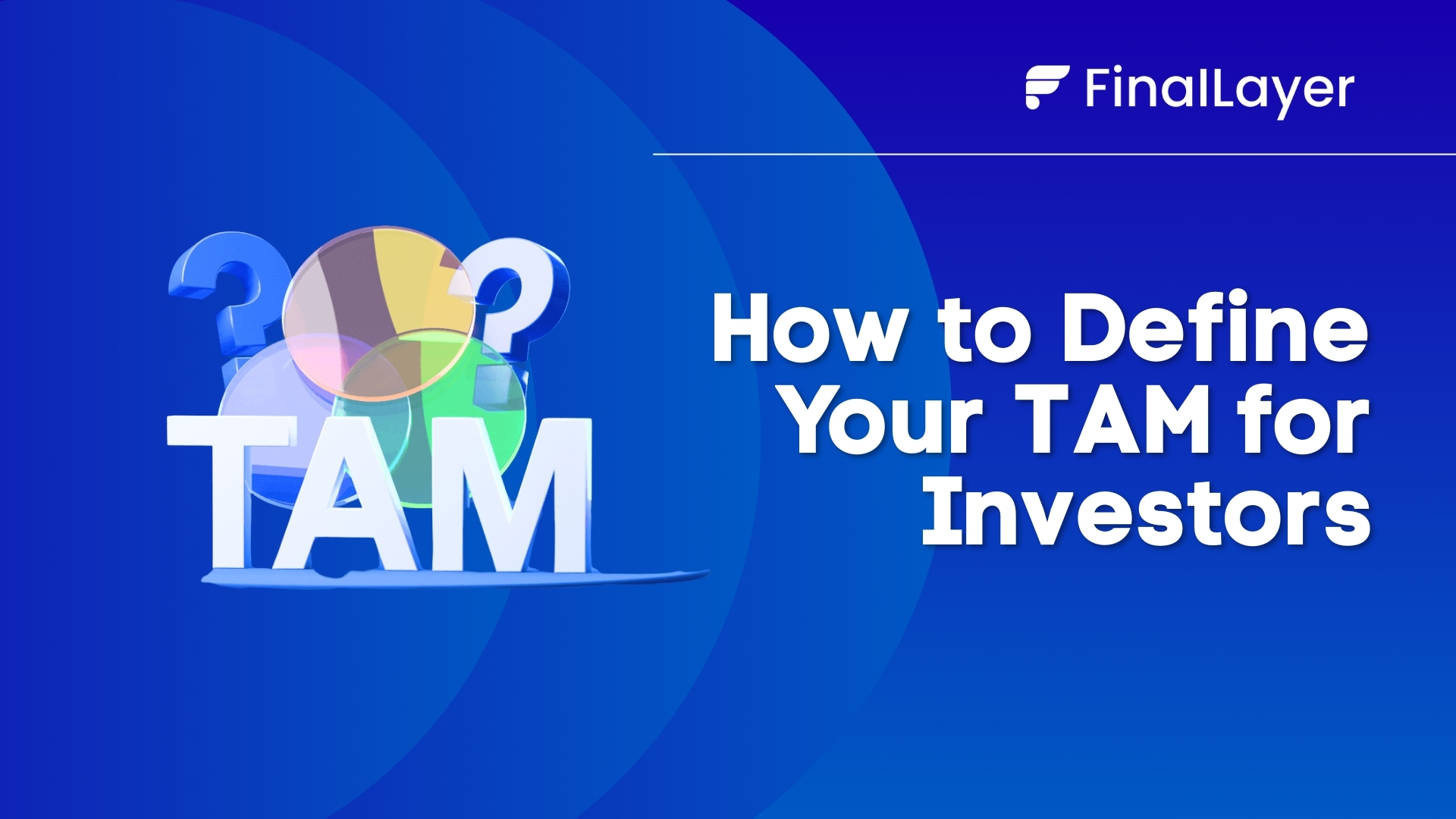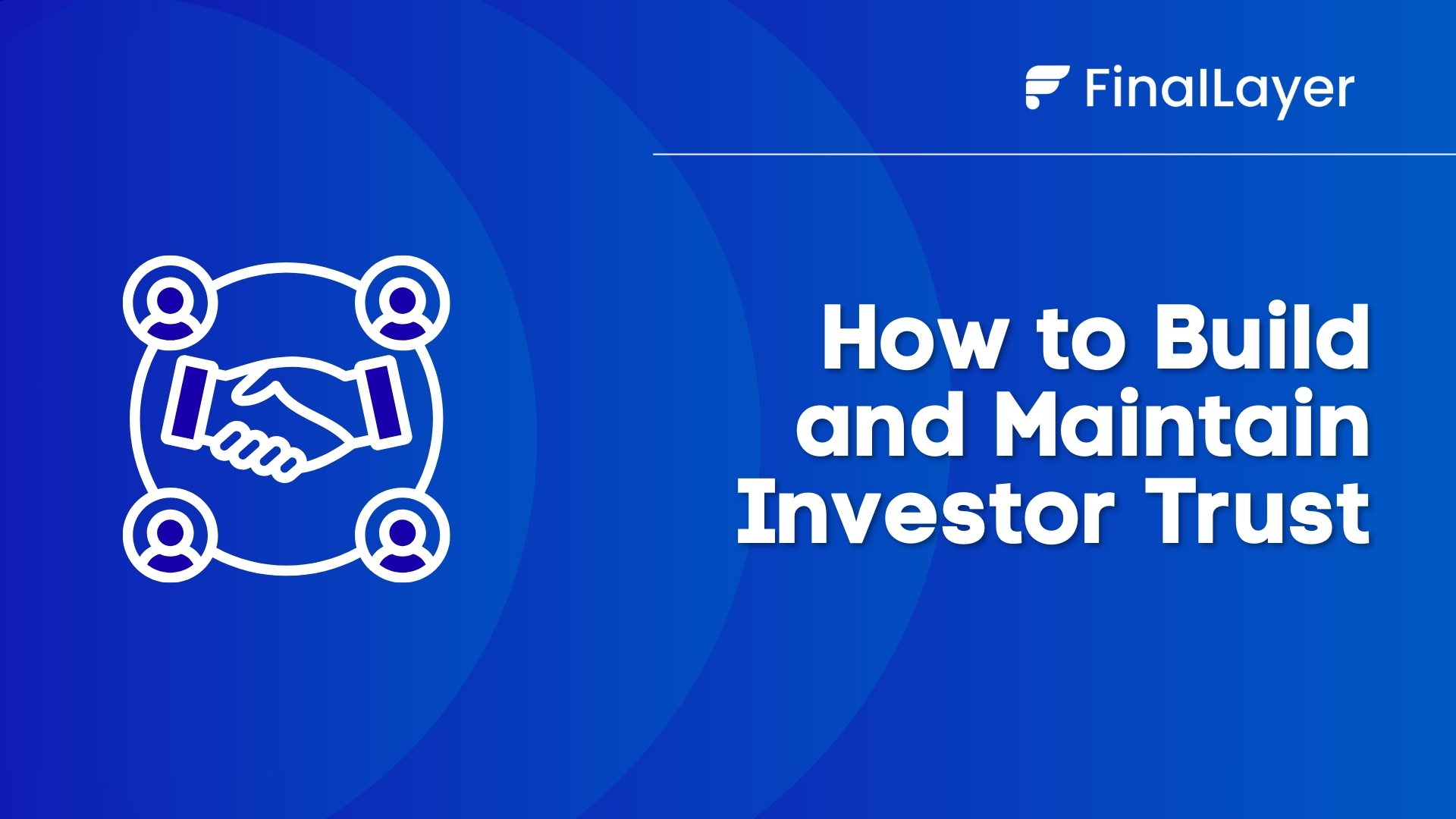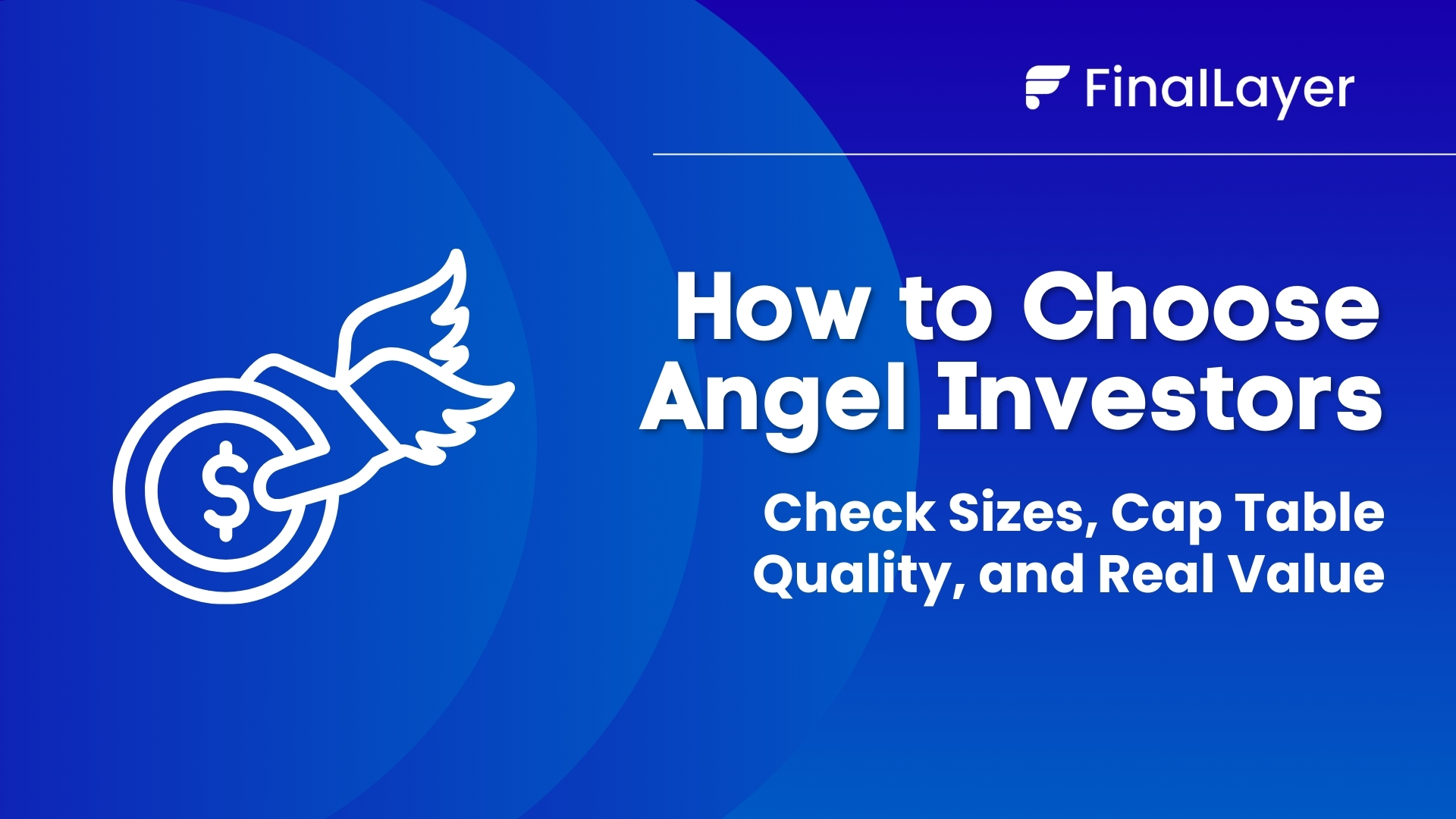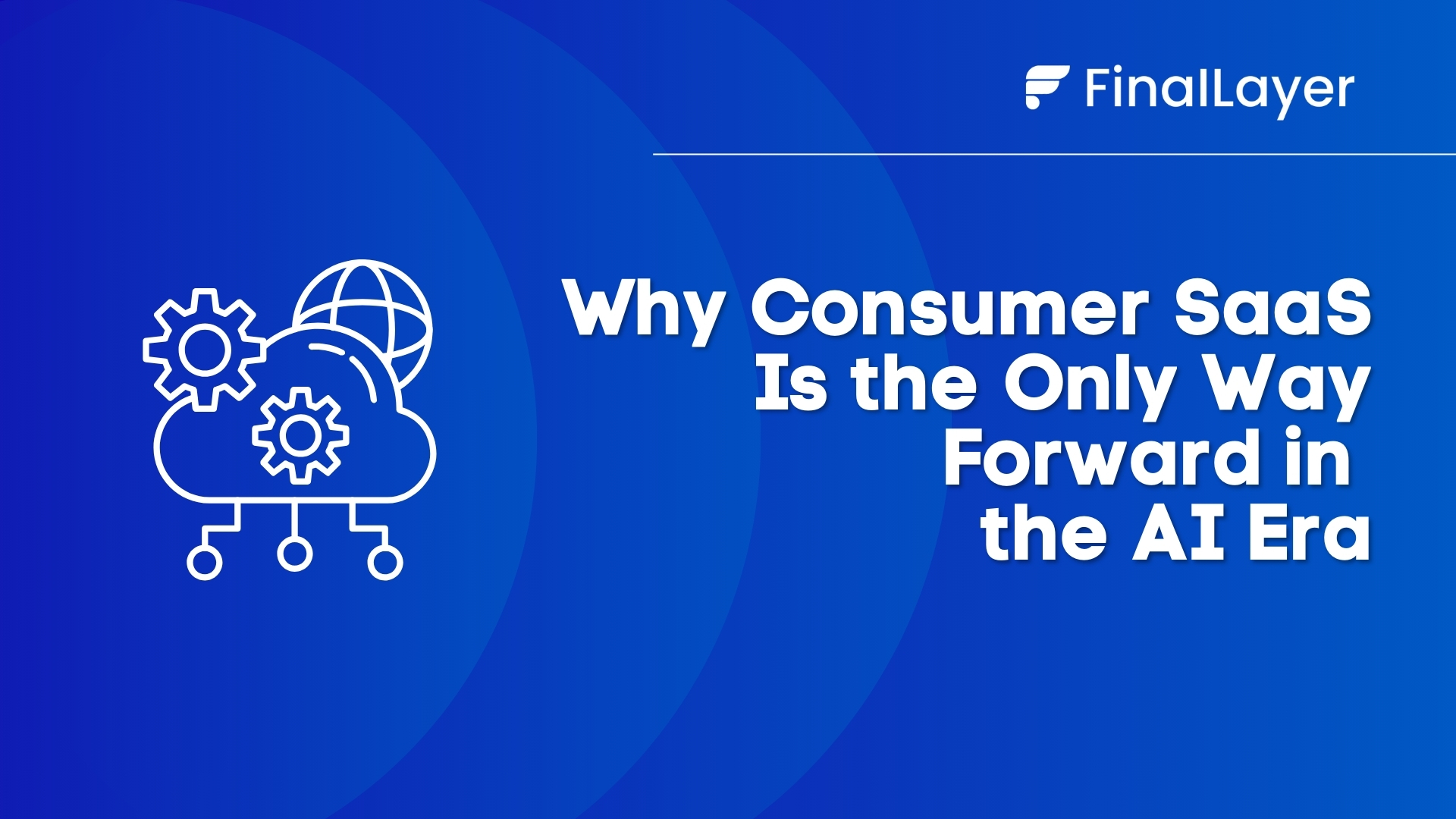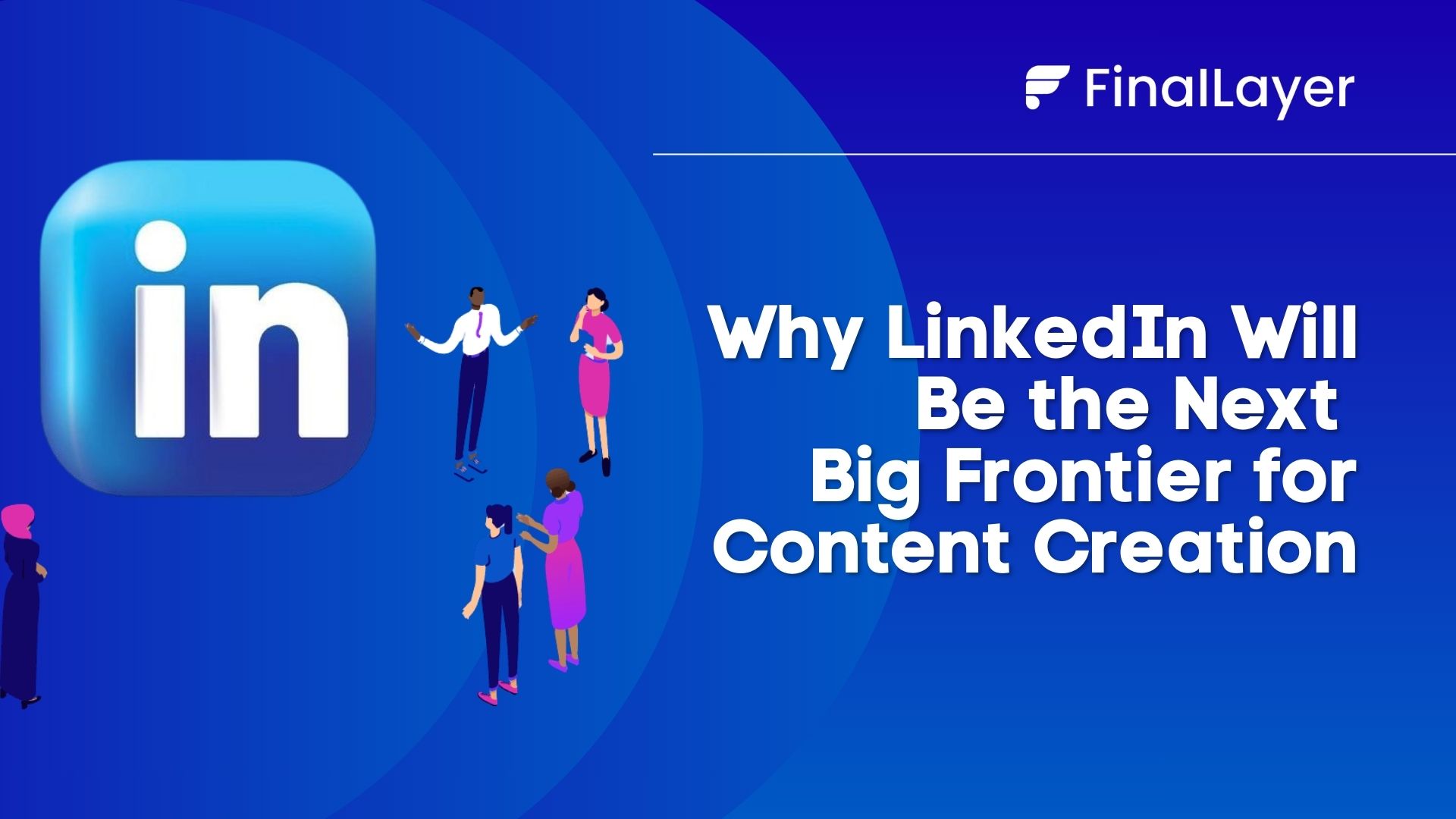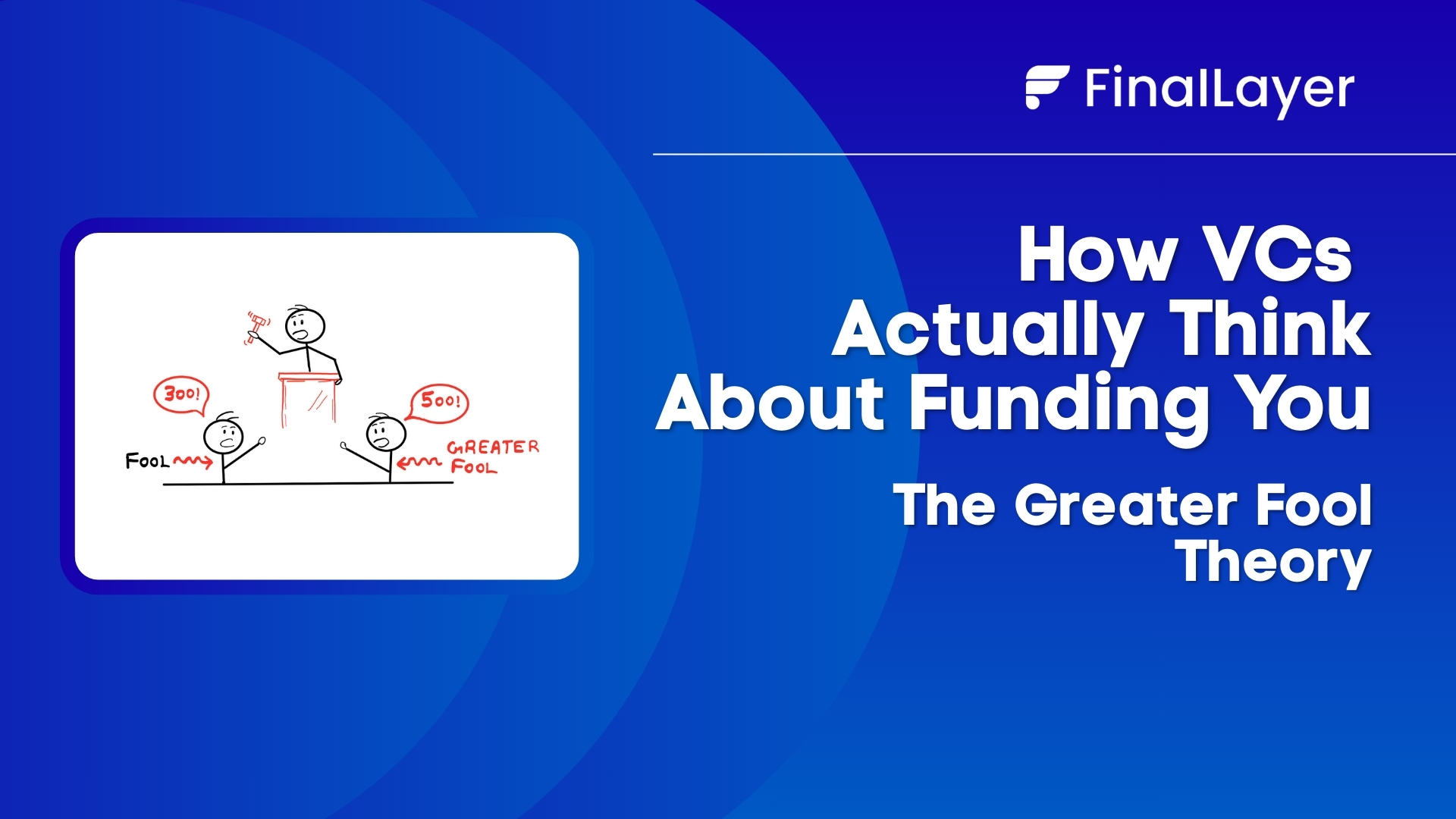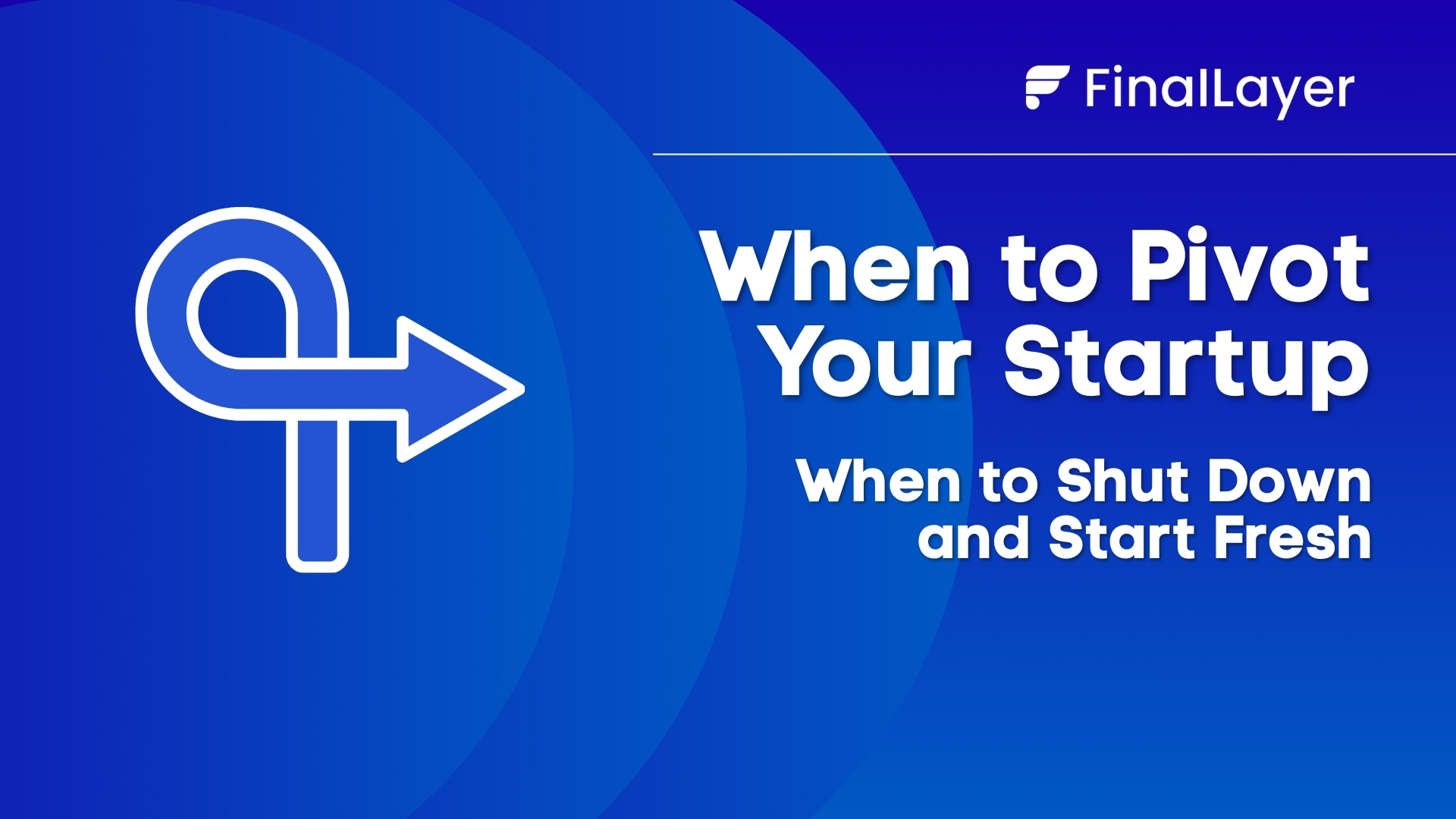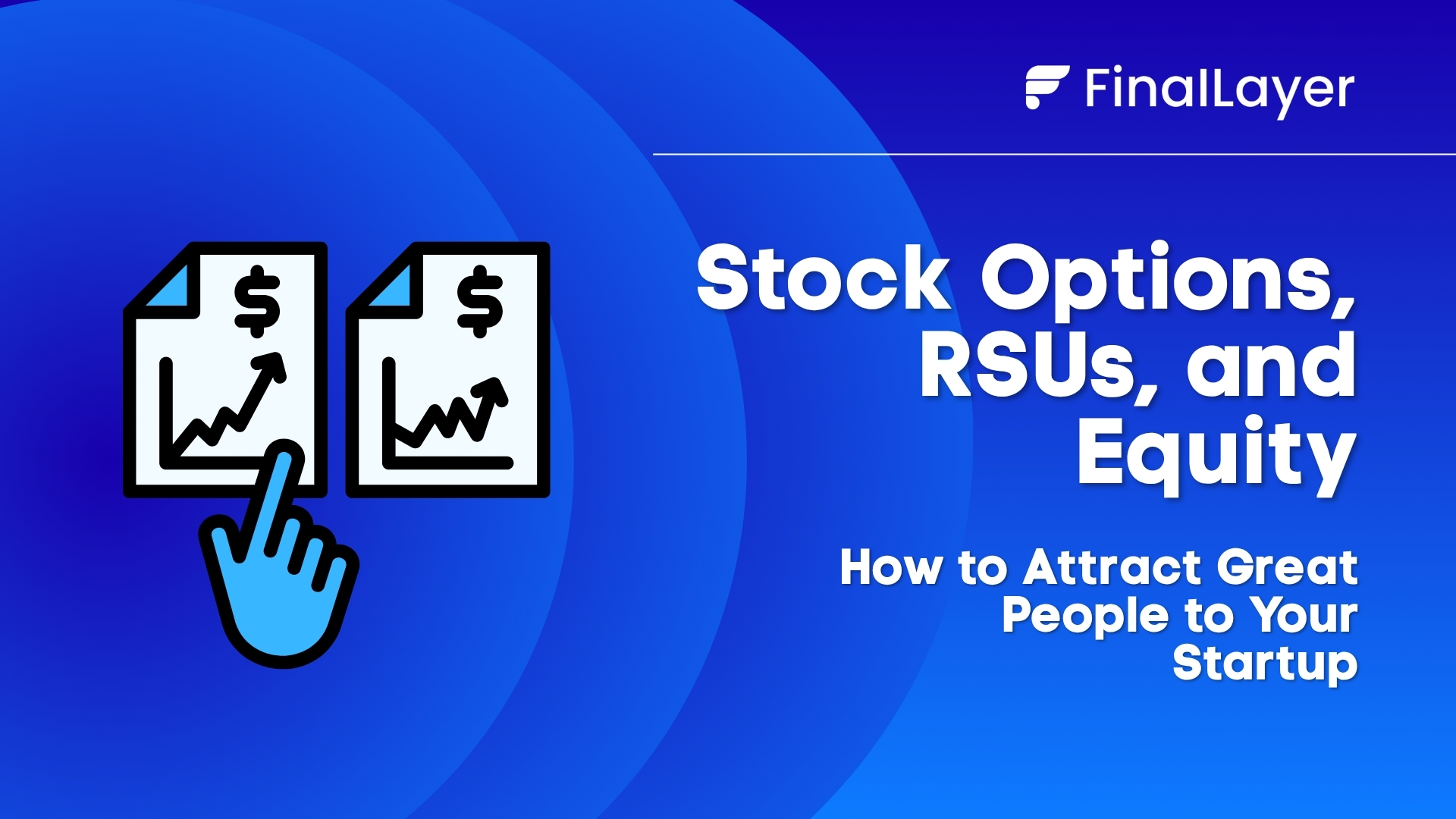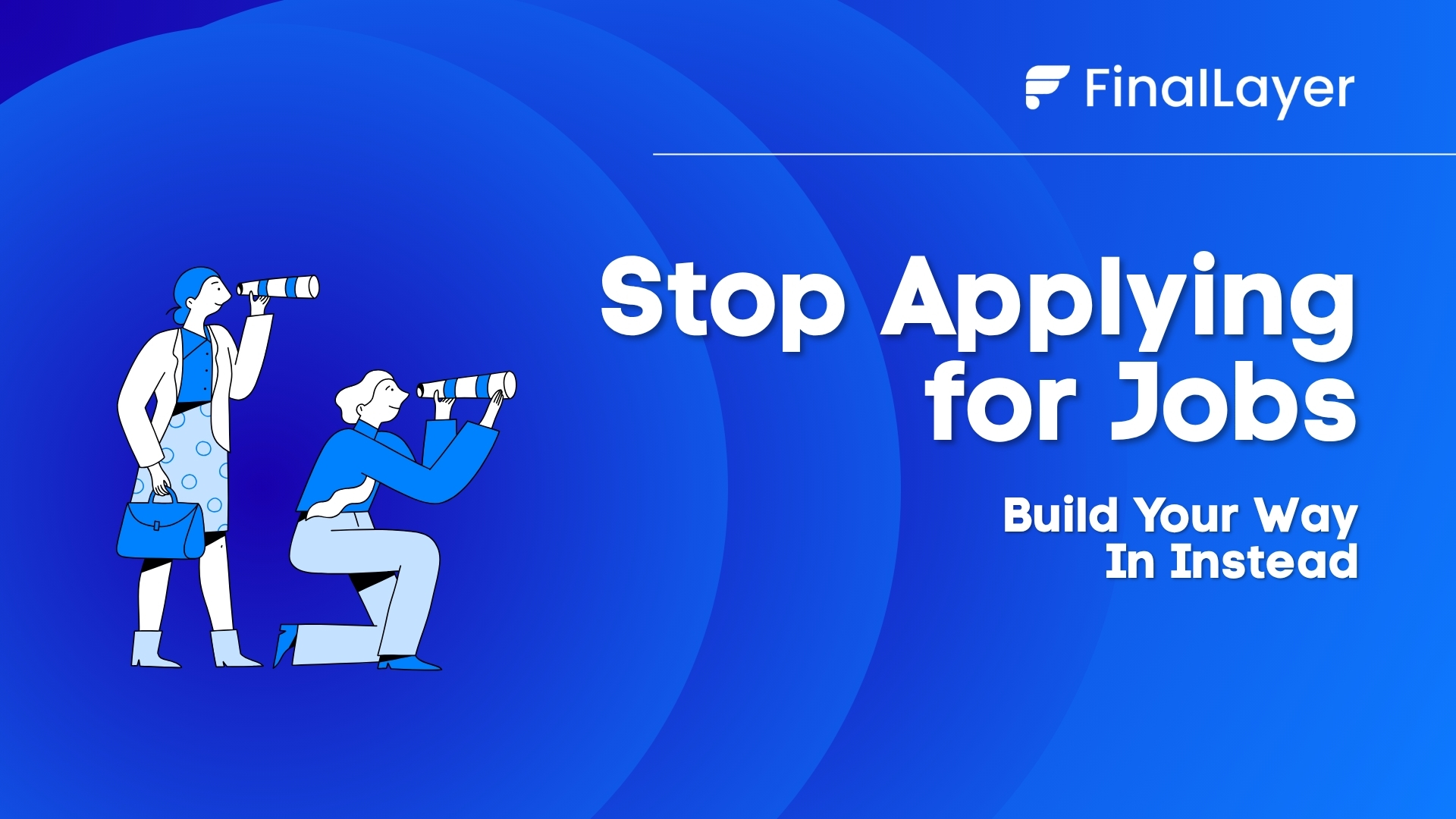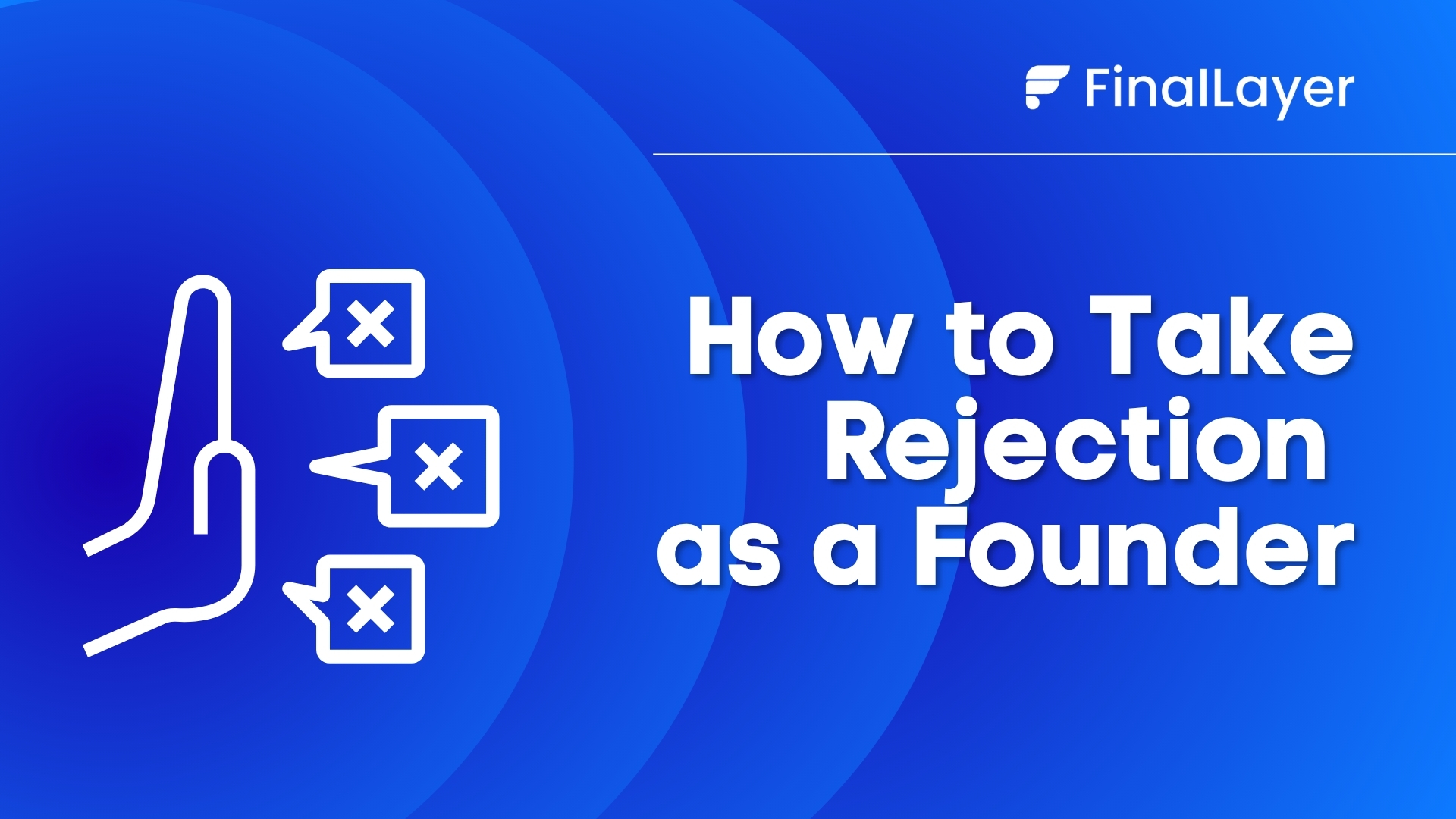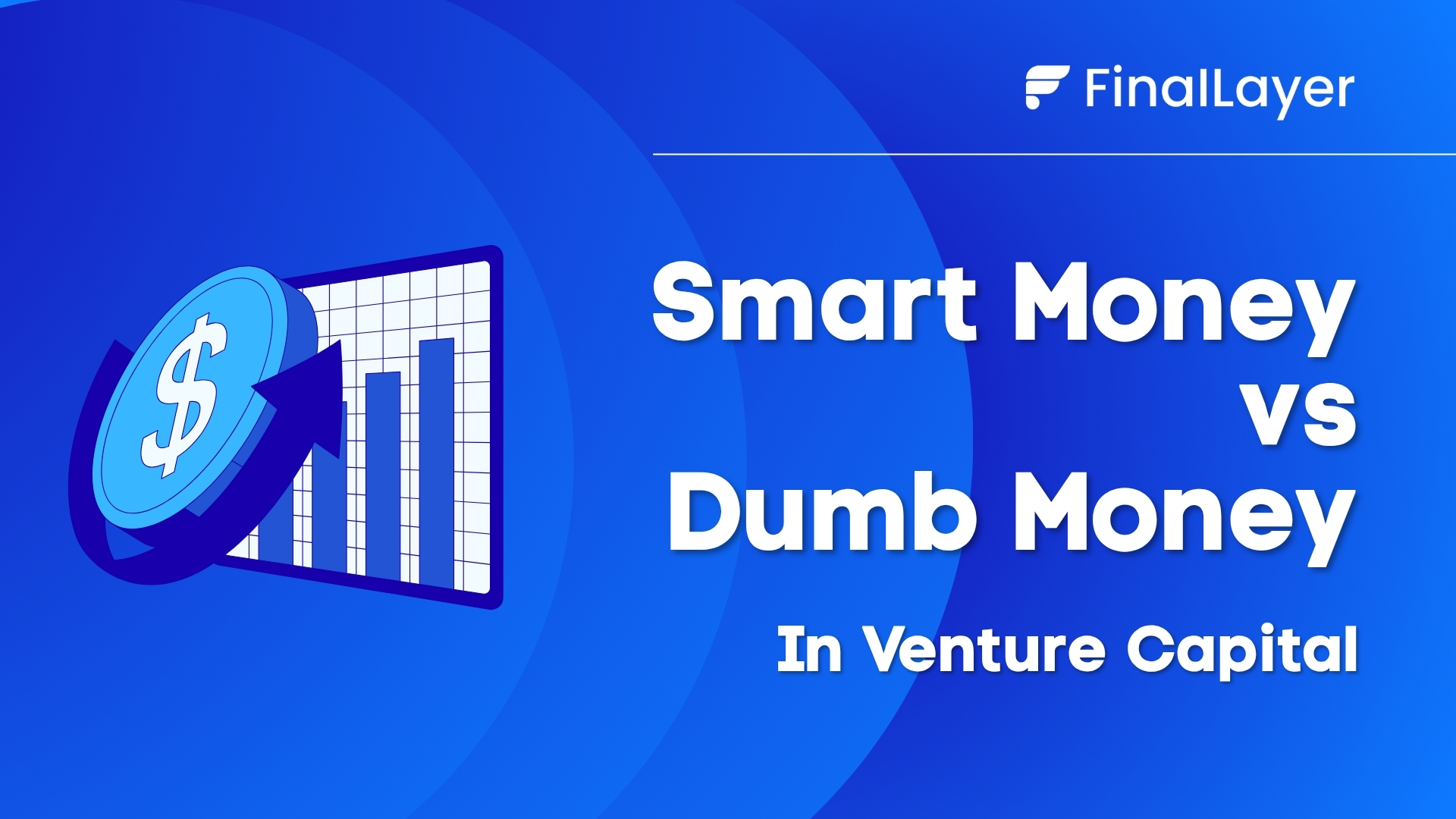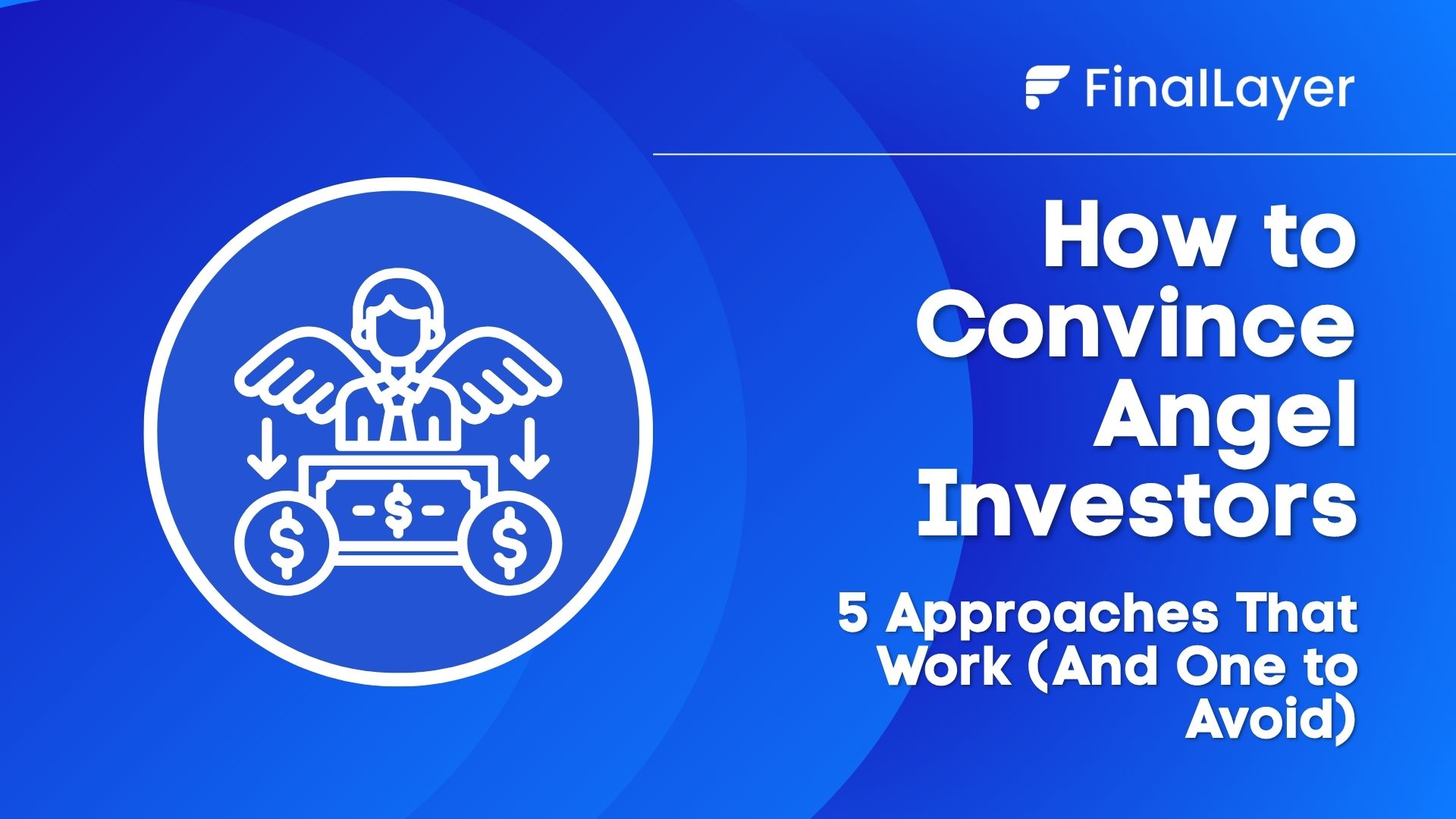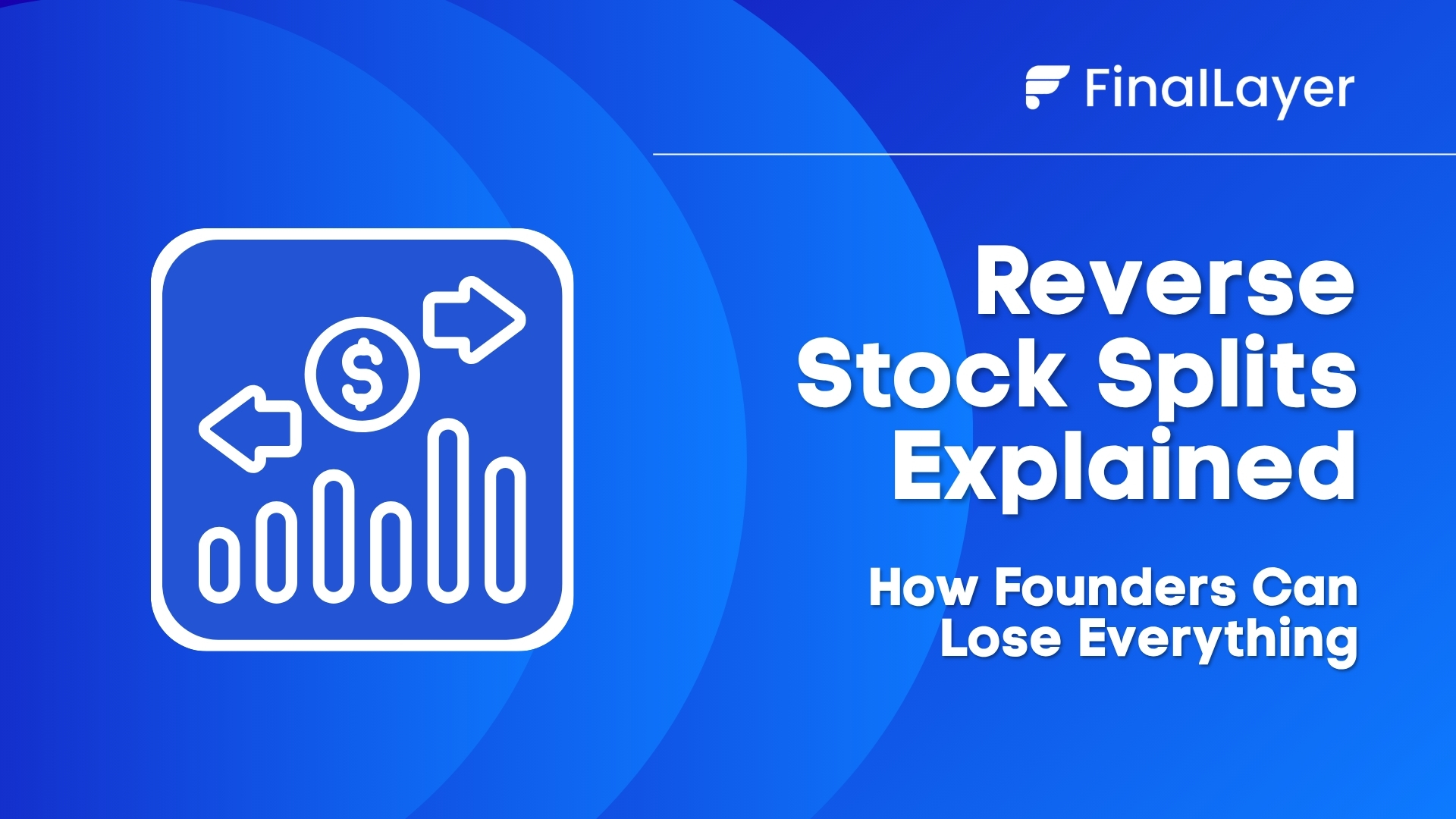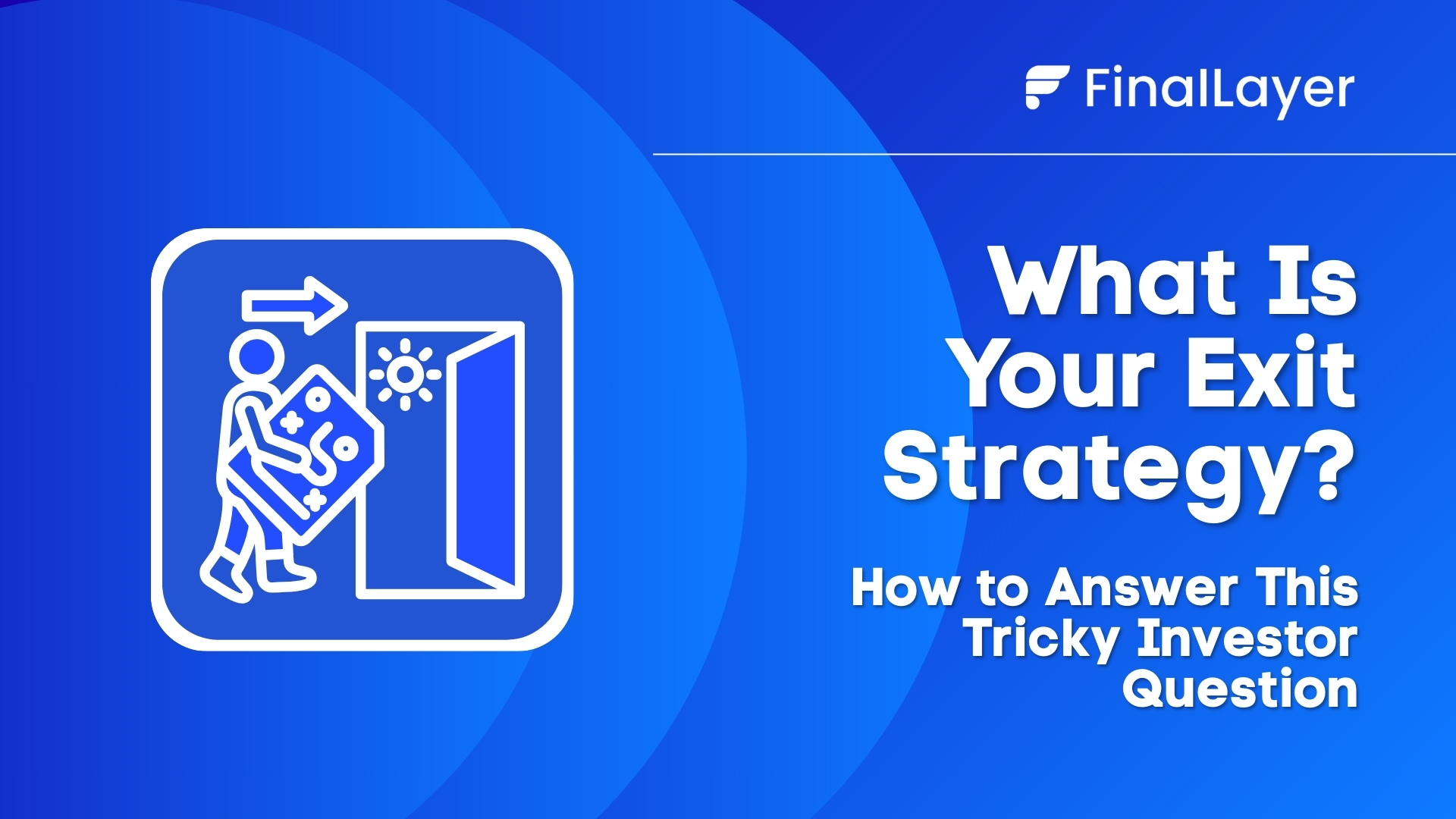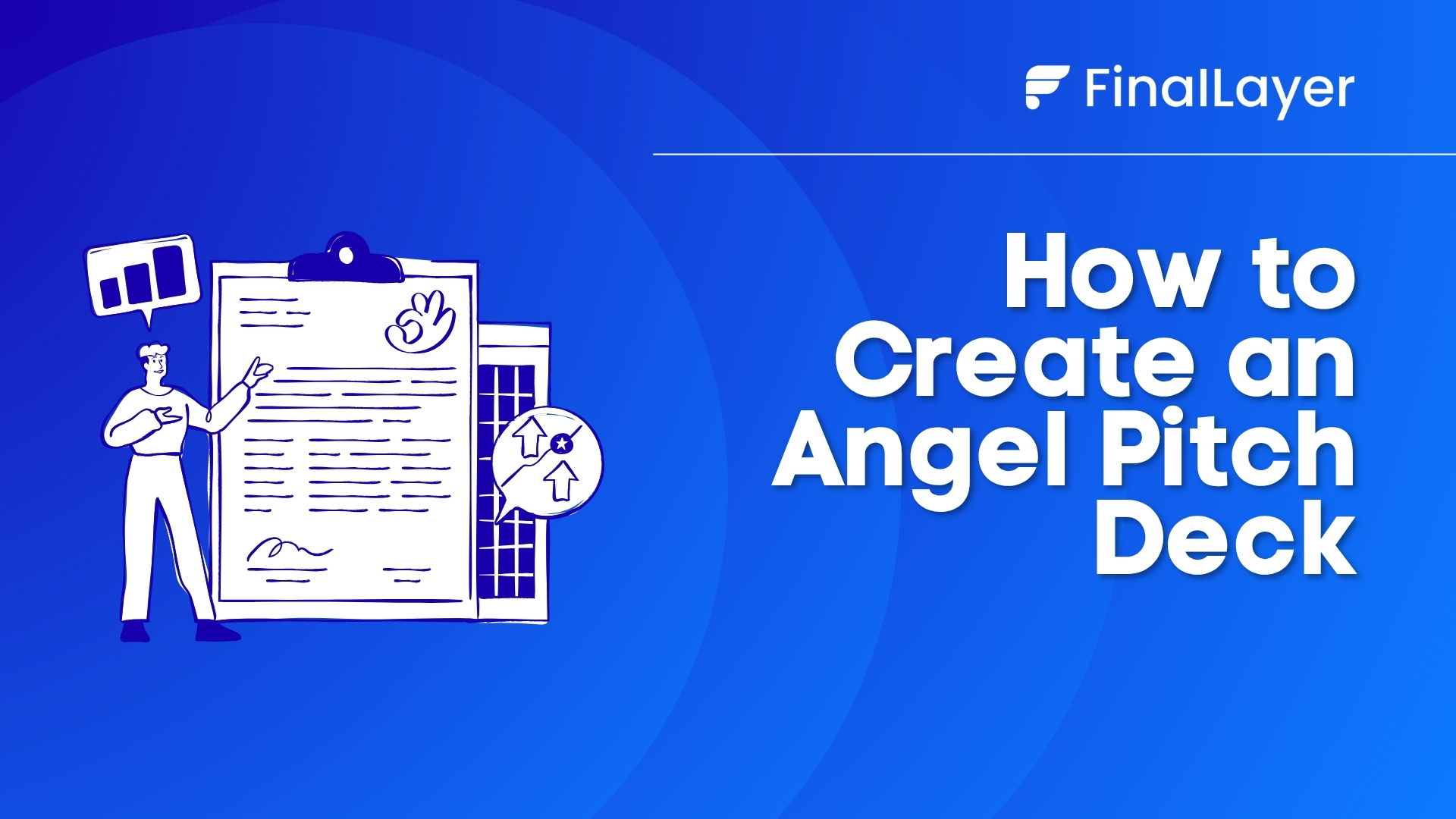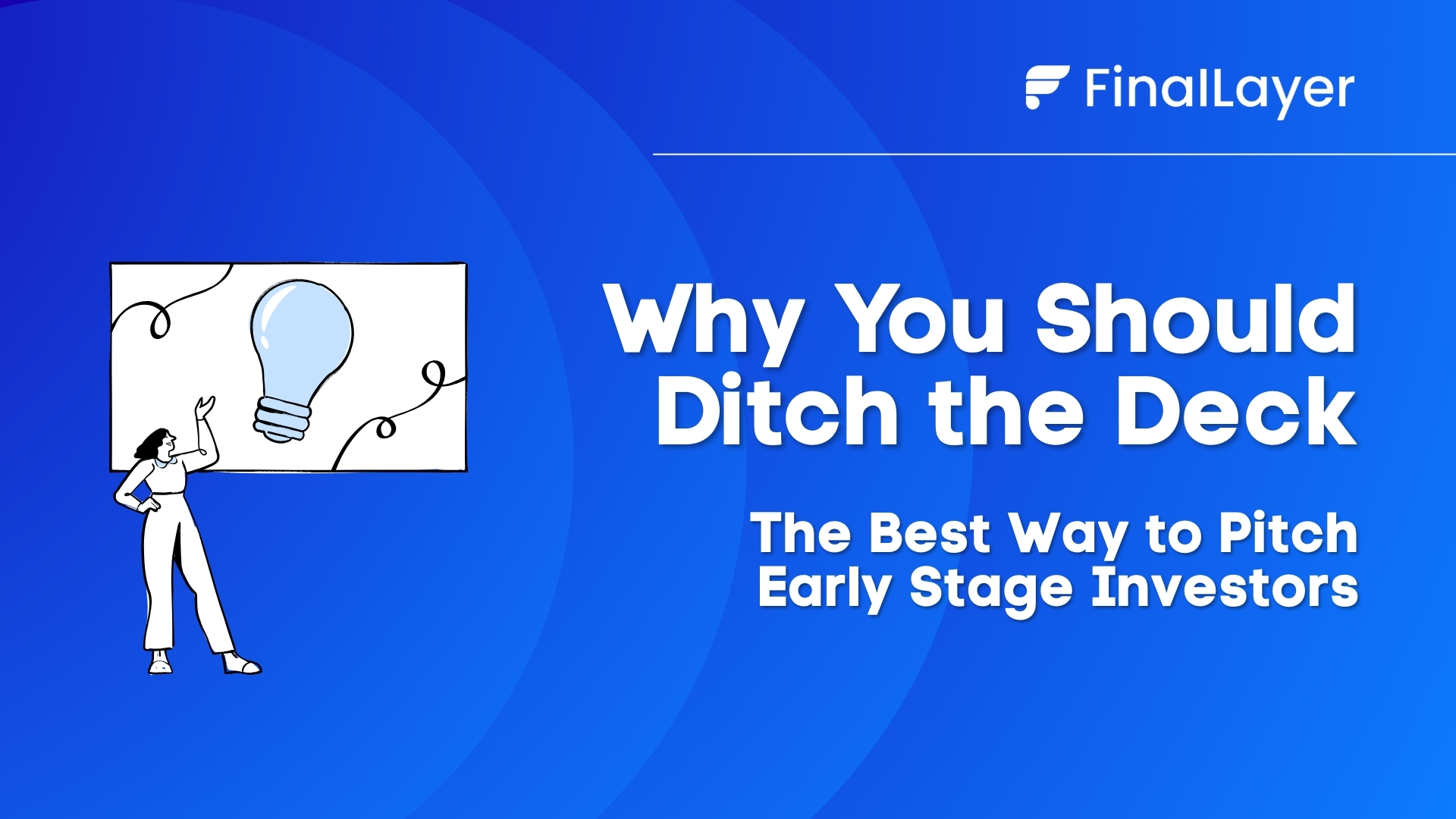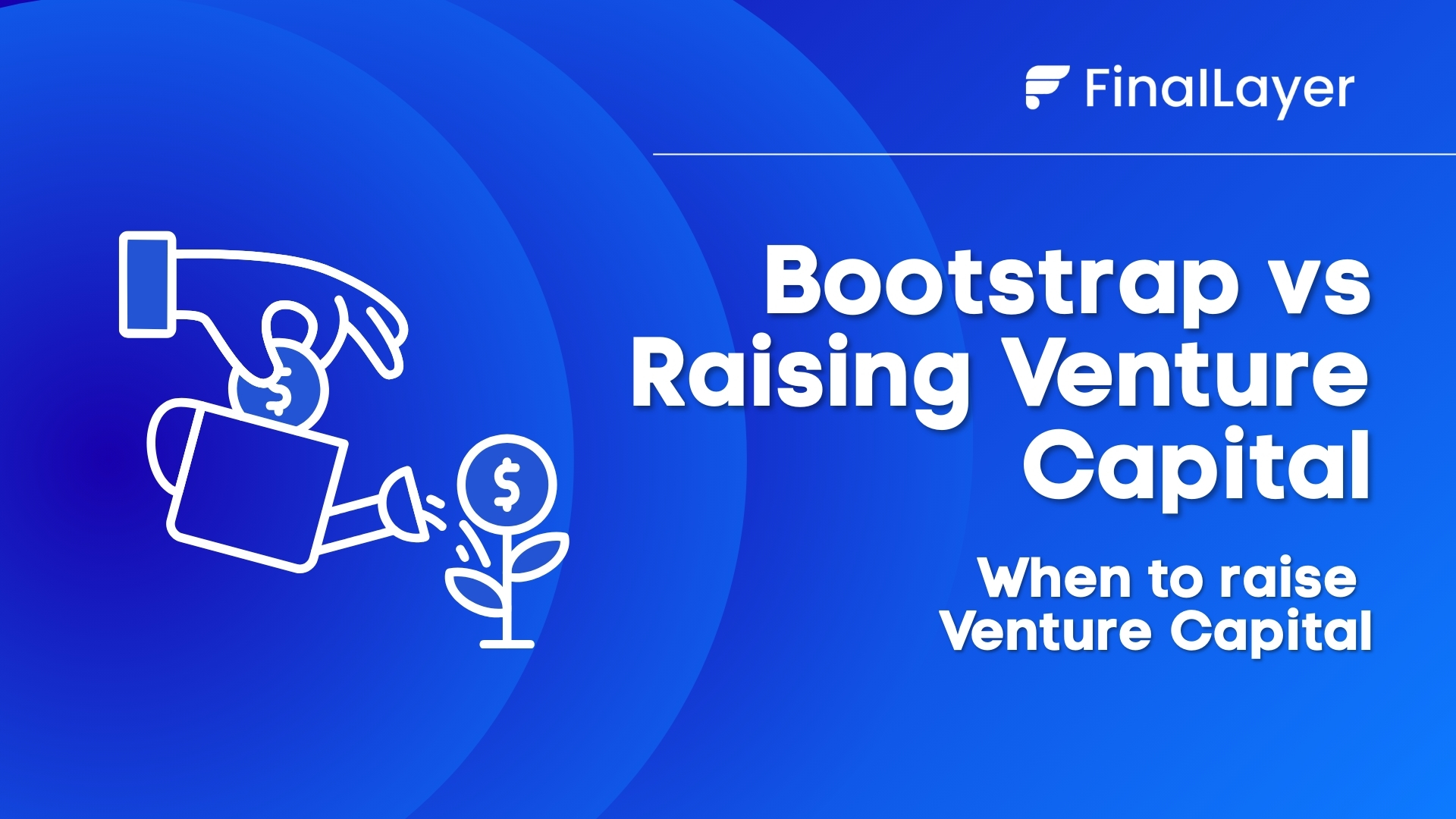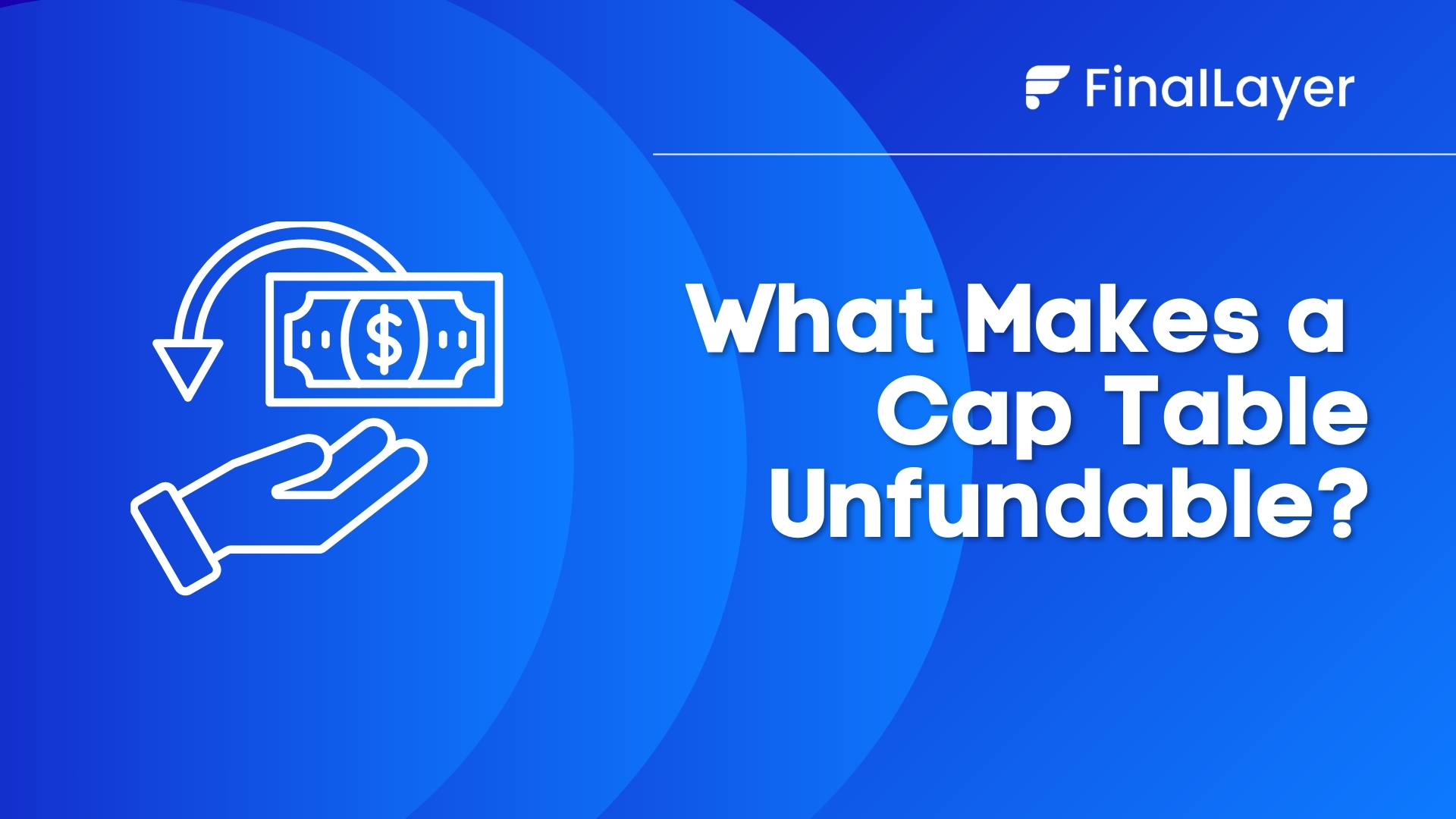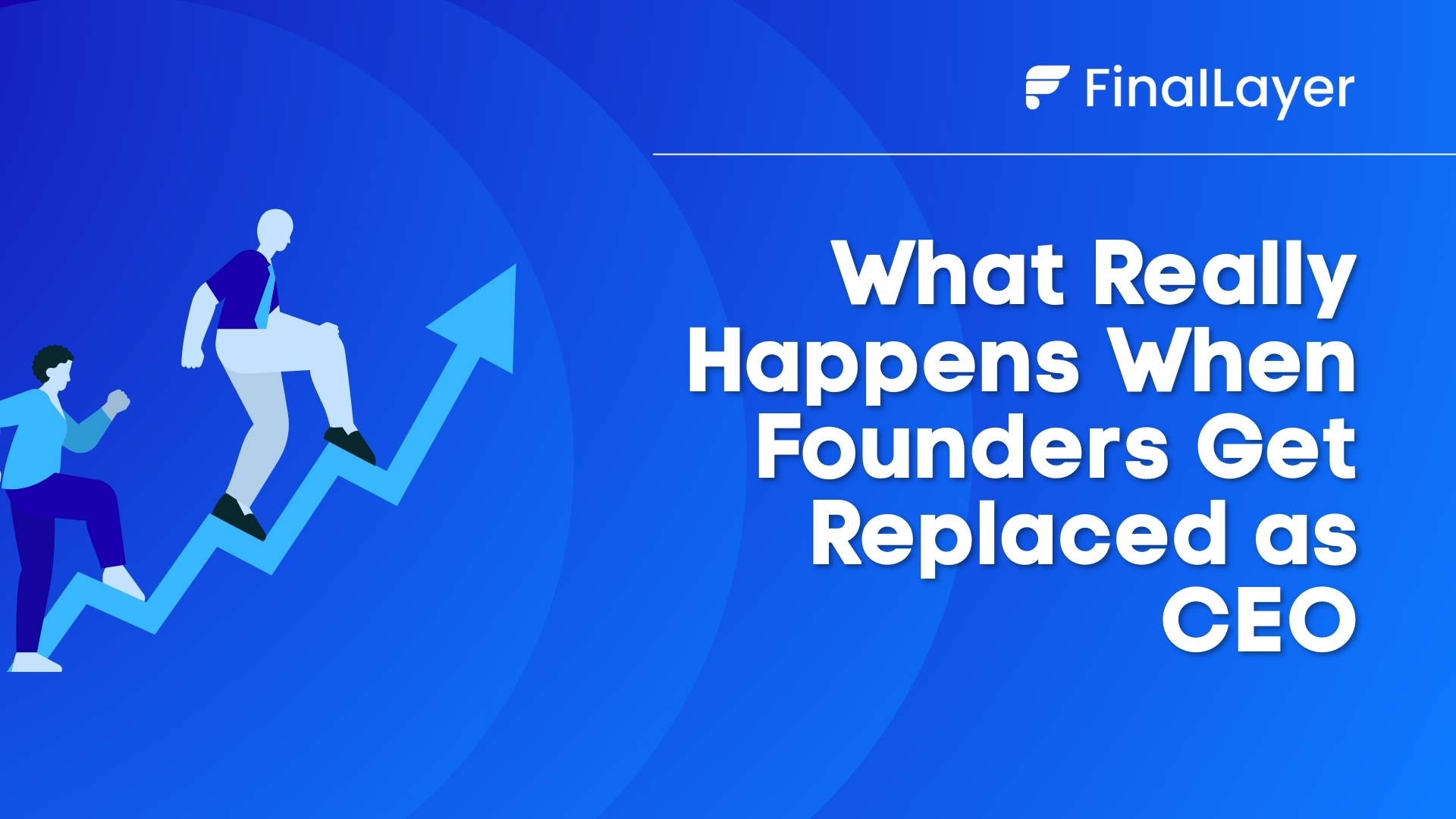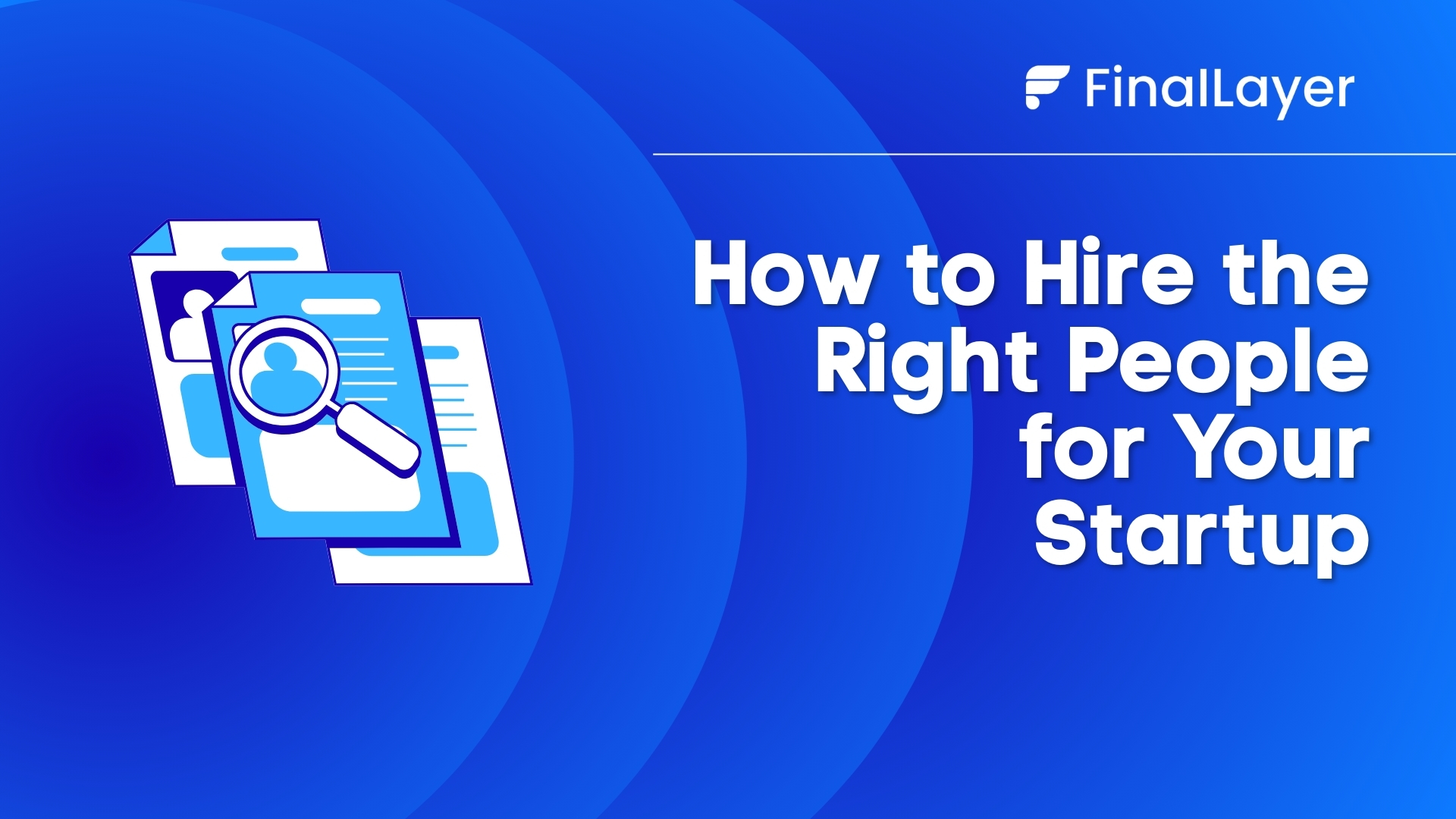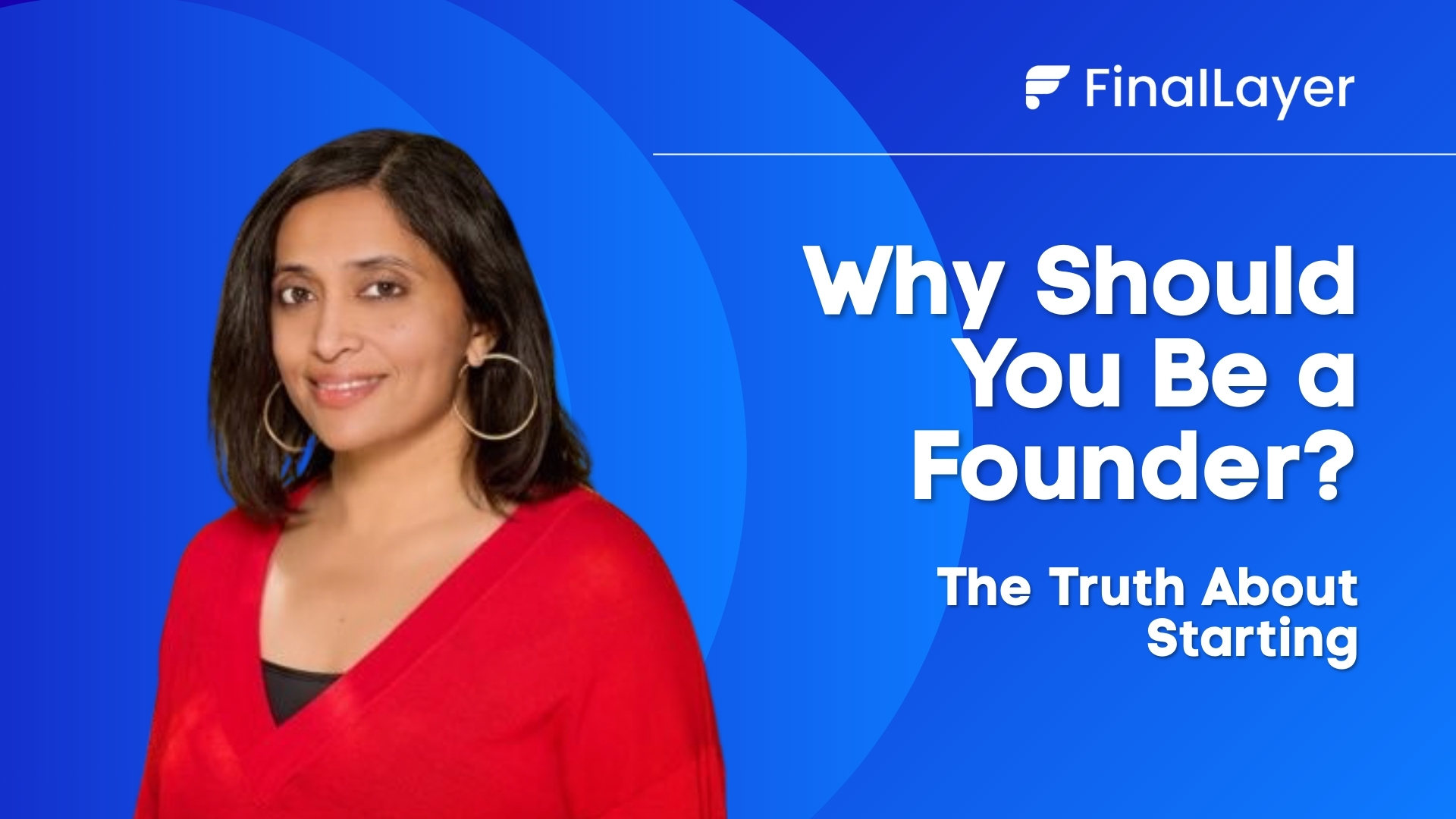If I didn't leave Google 10 years ago to become an entrepreneur, I would be 5 to 7 million dollars richer today, conservatively speaking. So for those of you having a FAANG job wondering about what to do in the AI world and what should be your next move, this post is for you. Let me first walk you guys through my journey.
The Moment I Decided to Leave
It was March 2015. I was scheduled to speak at the upcoming Google I/O event and announce two of the most exciting projects that we had been working on on Android. It's the most coveted event that Google hosts every year and speaking in those events is such an amazing opportunity.
So if I left, I had to walk away from that opportunity and I did.
How I Got Here
I was not born or raised with an entrepreneurial mindset. My father was an extremely conservative person who believed that I needed to hold on to a steady job and steady income because he had to run away to Air Force at the age of 16 and support his entire family and he didn't want that for me.
After graduation, I always worked for big companies but while I worked for Qualcomm, I started coming up with R&D projects that got funded to operate similar to a startup within a big company. That was my first exposure to building something zero to one. During that time frame, I would also operate as a tech liaison for Qualcomm Ventures where they would bring in these startups and we would evaluate them.
So I got a lot of exposure to the startup ecosystem through that. My co-founder was my colleague at Qualcomm Research and he and I would often chat about new ideas and how to build zero to one products and this kind of morphed into something that we both wanted to try out.
The Turning Point
And one day, I was sitting in a conference held by Qualcomm Ventures where the Twitter co-founder, Biz Stone, was giving a talk about how they built Twitter in two weeks as a hobby and kind of put it out there.
While I sat there listening to him, I was thinking just how much I've been wasting my life. It's the beginning of an idea that I could not shake off from my head that I needed to go try something. And then I moved to Google.
I worked there for a few years and during that time, I continued to harbor this interest of building things zero to one. For example, in Android, we would launch something and the next day it would actually go out to hundreds of millions of users on their phones. But I was always curious about how do you get the first 100 users? How do you get the first thousand users? And so that became such a loud voice in my head that I couldn't ignore it anymore.
Making the Leap
By then, my co-founder and I were trying out some hobbies and we were building things on weekends and trying to get a feel for something. And eventually, it got to a stage where we said, if we ignore this any further, we're going to regret this. And my co-founder ended up first stepping away from the corporate job six months before I did.
And that became all the more reason for me to really leave the corporate world. At the time, I had two young kids who were both in elementary school. It was just a really scary time to be taking a risky step like that.
I told myself well, I've been working evenings and weekends for Google. This is going to be no different. There are no more hours in the day that I could possibly work. So it's just going to be similar. I'd just be working for myself. But boy, was I wrong about that.
What We Didn't Know
We were extremely naive when we were getting startup. We did not know the first thing about the complexity of running startups and the resilience it will take to survive when we were getting started.
Understanding what it really means to become a founder versus the romanticized version is critical. The reality is far more grueling than anyone describes.
So Has It Been Worth It?
Absolutely. I have zero regrets about having left Google to pursue this. And here are the dimensions in which I'm really proud of everything we've achieved.
We cracked zero to one growth multiple times. We've been able to scale a platform to 80 million people loving the platform. We built something that even today, two and a half years after we shut down, people are still talking about in a fond fashion. So these are all things that are deeply, deeply satisfying beyond anything that money can give up.
But in another dimension, we employed more than 500 people. We have built so many people's careers. We hired young and we were able to get people to amazing jobs that they have now. And about 13 people in our team went on to become entrepreneurs. And some of them have been very successful at that. So I'm really proud of all these things that we've achieved in our team.
Advice for Employees Considering the Leap
So now if you're in FAANG today and you're asking yourself in this AI revolution, what should you be doing? Should you be taking the risk? It's a complex question.
Marc Andreessen once said, no one should be encouraged to becoming an entrepreneur. You should only do it if you cannot not do it.
It's very profound and very true because entrepreneurship is super painful. You almost have to be a masochist to do an entrepreneurial journey. Being co-founder means that you're working on grunt work most of the time. You are working on things that are not sexy at all whatsoever on a day-to-day basis. It is grueling, it is humiliating sometimes, and it is gut-wrenching. So you should only do it if you have a problem that without solving you would not be able to sleep at night.
It needs to be that intense for you to go pursue this painful journey.
The Financial Reality
Let's say that you do have that burning reason and passion to do it. Then you've got to ask yourself, are you in a financial position to do it? So you have to assume that you're going to make zero pay for at least a couple years.
In our case, we thought it was going to be a couple years, but it ended up being four before even we were making a dollar. You need to be able to tolerate very, very high levels of stress. If you're someone who breaks easily under stress, do not do it.
This connects to whether you bootstrap or raise venture capital. If you can't afford years at zero pay, VC funding might seem like a solution, but it comes with its own stresses and complications.
Alternative Paths in the AI Era
Clearly, entrepreneurship is not the only option. There are many ways to get into the AI area. There are so many amazing companies right now.
I know hiring is not in the best place, but people with the right skills still have a lot of opportunities. So if you're technical, start building a GitHub and start dabbling in AI. Start on projects.
If you're in a go-to-market person, growth is in big demand, especially growth hacking and novel ways of coming up with growth ideas. So start building those things.
Build the presence on LinkedIn because you have to speak for yourself and build that visibility in order to be visible to these startups. Understanding how to build your personal brand on LinkedIn and develop thought leadership can open doors to opportunities at AI companies and startups that you wouldn't otherwise access.
When you're ready to transition, whether to entrepreneurship or joining an AI startup, understanding effective job search strategies that go beyond just applying helps you stand out in competitive markets.
Building FinalLayer After Everything
At FinalLayer, we're building again with all these lessons learned. The pain, the financial sacrifice, the stress - all of it informed how we're approaching this new venture. We understand the reality of entrepreneurship now, not the romanticized version we had 10 years ago.
So I wish you the best, and I think this is a great time to be jumping into this, just considering all the options and figuring out what's best for you.
If you're navigating the decision to quit FAANG for entrepreneurship or exploring opportunities in AI, join our founder's Slack community where we discuss these decisions with others at similar crossroads in the Founder Resources tab.
